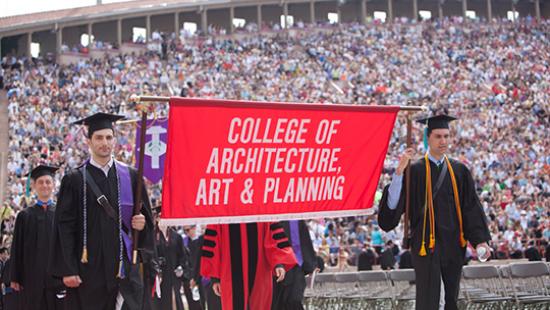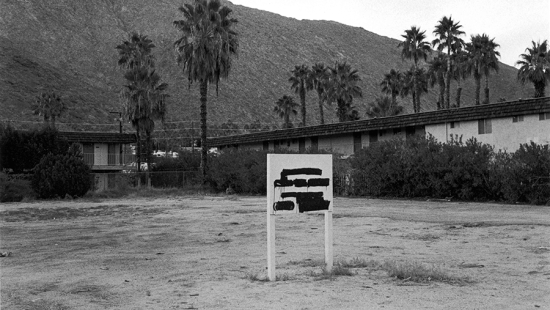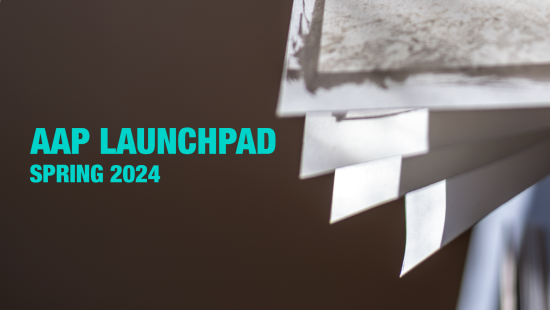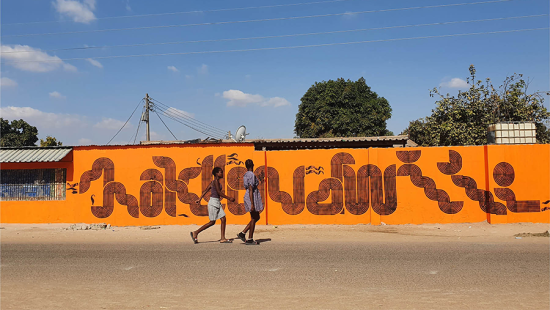Dayna Cunningham: The Imperative of Knowledge Cocreation with Communities
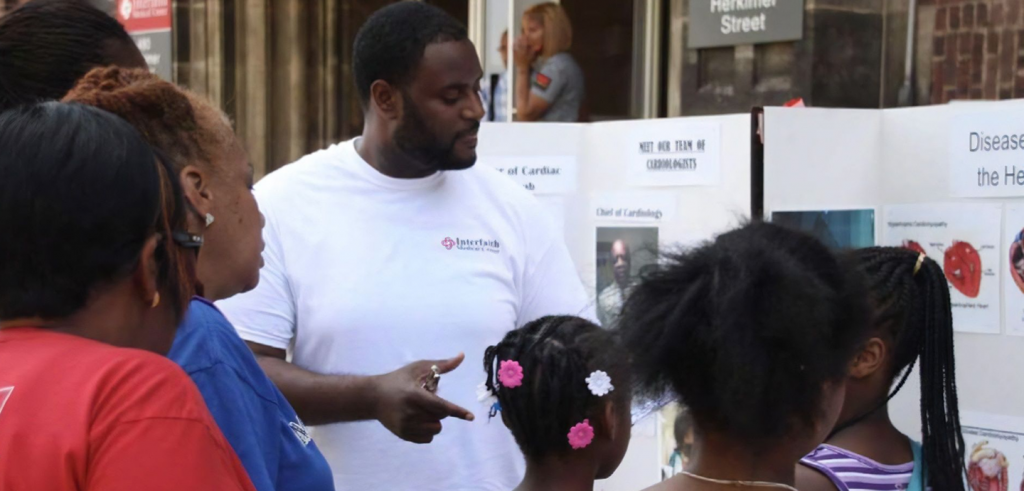
image / provided
Bio:
Dayna Cunningham is the Pierre and Pamela Omidyar Dean of Tufts University's Jonathan M. Tisch College of Civic Life. The only university-wide college of its kind, Tisch College studies and promotes the civic and political engagement of young people at Tufts University, in our communities, and in our democracy.
Dean Cunningham joined Tisch College in 2021 and has devoted her career to promoting civic participation, building community partnerships, and advocating for underrepresented communities.
Before leading Tisch College, Dean Cunningham was the founder of the Community Innovators Lab (CoLab) at the Massachusetts Institute of Technology (MIT). At CoLab, she built large-scale, multi-sector development collaborations that combined sustainability, wellness, and democratic control of economies in marginalized communities. Promoting inclusive economic development that is environmentally sustainable, socially just, and deeply democratic, CoLab applies expertise from disciplines and sectors including urban planning, civil rights advocacy, business, and community and labor organizing, among others.
A civic rights lawyer by training, Dean Cunningham spent several years with the NAACP Legal Defense and Educational Fund, litigating cases in Arkansas, Tennessee, Louisiana, Mississippi, and other states in the South. She has also served as associate director at the Rockefeller Foundation and program director of the ELIAS Project at MIT, which was a collaboration of government, businesses, and NGOs to create initiatives that supported economic, social, and environmental sustainability.
Dean Cunningham earned an undergraduate degree from Harvard and Radcliffe Colleges, a J.D. from New York University School of Law, and an M.B.A from MIT Sloan School of Management.
Abstract:
Participatory Action Research (PAR) enables communities to examine and address consequential societal problems. Bringing together community researchers and academics to investigate a consequential social problem and determine what ought to be done, PAR seeks to transform existing unequal power relationships between marginalized groups and those traditionally considered "expert" researchers. PAR leverages the unique technical knowledge and expertise of researchers with the lived expertise and multiple ways of knowing that often reside within communities. Moreover, maximizing possibilities for knowledge coproduction with communities and focusing on codesigning and co-conducting research with partners at various stages of the research process can make research more robust and impactful in the world. This approach will become more and more necessary in a world beset by increasingly complex and interconnected challenges that cannot be addressed in purely technical ways.

